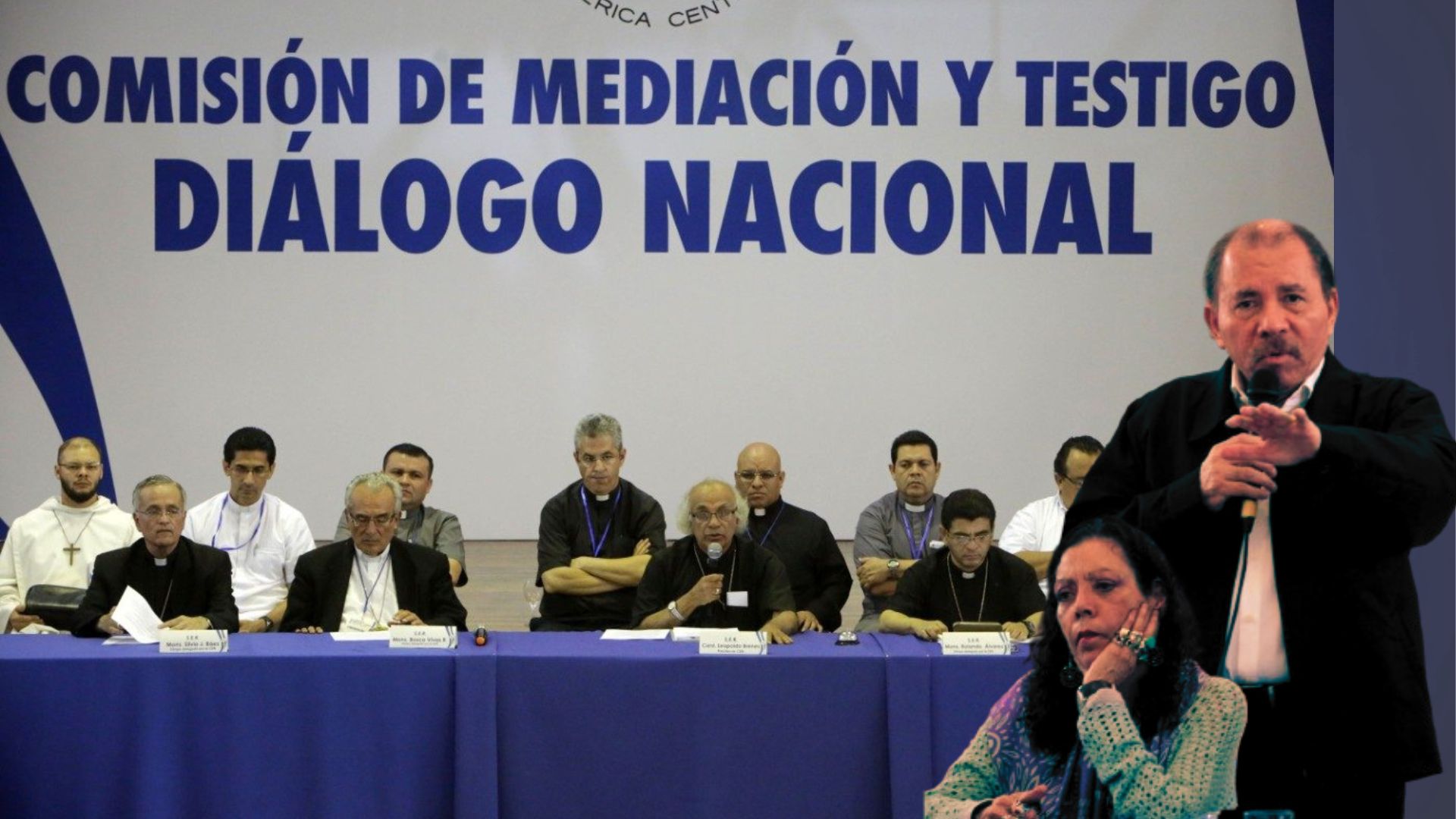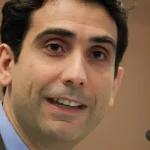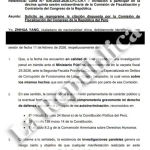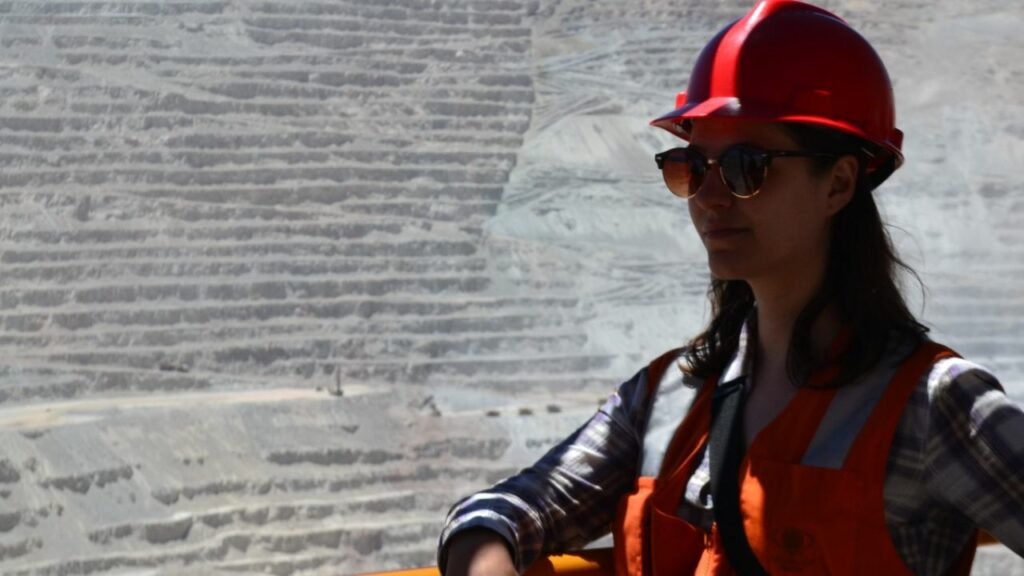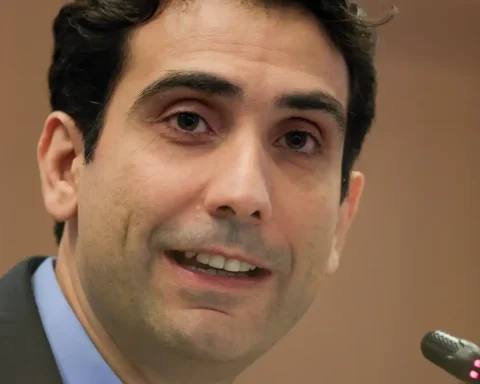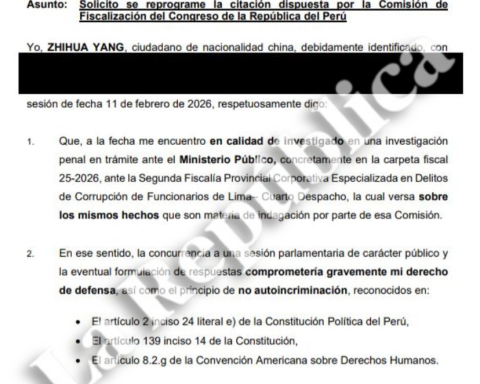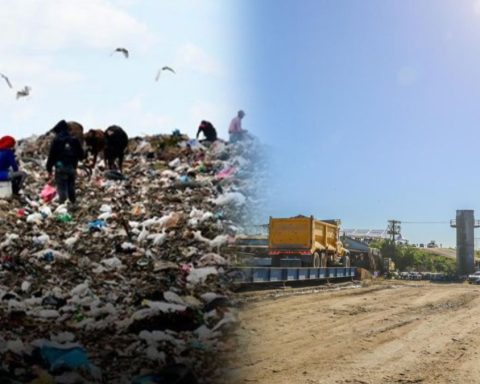Journalist Wilfredo Miranda Aburto, in coordination with the Pro Transparency and Anticorruption Observatory (OPTA), of the organization Let’s Make Democracy, created a report about “the tip of the iceberg” of the illegal confiscations of property and real estate, belonging to opponents, which were carried out by the regime of Daniel Ortega and Rosario Murillo.
With the beginning of this new “piñata”, the communicator’s research estimates an initial amount of more than 250 million dollars, although this figure is only the beginning of a debt that “continues to increase” and that all “Nicaraguans will have to pay in the future.”
Related news: “La Piñata” in the 80s: more than 20 thousand properties taken by the Sandinistas
Since 2018, Ortega has started a new series of “robberies”, which, in the words of Miranda Aburto, were “complicated” to quantify due to the lack of information and fear that prevents victims from sharing data. This repressive measure has affected opponents, businessmen, Non-Governmental Organizations (NGOs), the media, universities, the Catholic Church and diplomatic headquarters.
On February 9, 2023, the Ortega regime deported 222 political prisoners to the United States, confiscating all their assets and freezing their bank accounts. Six days later, the Sandinista government stripped 95 more opponents of their nationality. In total, 317 Nicaraguans were affected.
The report documents 36 cases of confiscations, adding 78 properties with a total value of almost $18 million to government critics. Most of the properties are located in Managua and represent personal and vacation homes, land, farms and commercial modules. Many of them have been transferred to state entities such as the National Social Security Institute (INSS) and the National Technological Institute (INATEC).
It was approximately 10 in the morning on that Wednesday, May 16, when a large and heavily armed police and military device, moving at a run and visibly tense, announced the arrival of dictator Daniel Ortega at the facilities of the Archdiocesan Seminary of Managua, where The representation of the Civic Alliance for Justice and Democracy (ACJD) was already installed to start the first “National Dialogue”, in the context of citizen protests against the dictatorship.
Ortega’s entry was marked by historical symbolism. When he entered the room where the meeting would take place, dozens of students began to shout at him “murderer, murderer…”. It is the first time that they yelled “murderer” in Ortega’s face.

After 29 days of demonstrations and popular uprisings practically throughout the country, and at least 60 murdered, until that moment, the Episcopal Conference of Nicaragua (CEN) convened the first National Dialogue, where the ACJD, which at that time brought together all the Opposition groups, which had emerged in the heat of the protests, and the Government, sat face to face to discuss and seek a solution to the crisis.
The Ortega government and the Civic Alliance agreed to the “immediate” entry into the country of international human rights organizations, and the creation of a commission for an eventual lifting of the roadblocks that had paralyzed the country.
Related news: Young people seek dialogue between Nicaraguan opponents to confront Ortega
Initially, the Ortega regime did not accept any of the Civic Alliance’s proposals, which required an invitation to the United Nations High Commissioner for Human Rights (UN) and the European Union (EU).
The government gave in regarding the entry of the IACHR, the High Commissioner for Human Rights of the UN and the European Union, but it also managed to involve the General Secretariat of the Organization of American States (OAS), headed by Luis Almagro, to the process.
The International Republican Institute (IRI) recognized the mission and life of the Nicaraguan bishop Monsignor Rolando José Álvarez Lagos. The prelate was awarded the “Liberty 2024” award for his outstanding contribution to religious freedom in the Central American country. The award was received by Father Benito Enrique Martínez Gamboa on behalf of the Catholic hierarch.
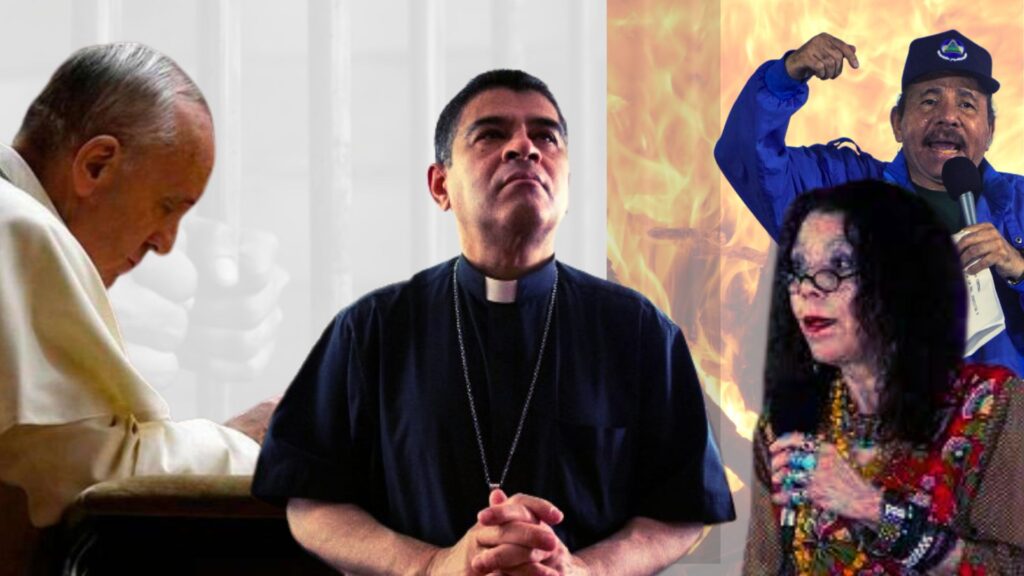

Antonio Garrastazu, director of Latin America at IRI, explained that the award to Monsignor Rolando Álvarez “represents a very important symbol for resistance and contribution to freedom of religion around the world, particularly in Nicaragua.”
For his part, priest Martínez spoke a few words on behalf of Bishop Álvarez. His intervention was a clear criticism of Nicaraguan Catholic leaders. «In the name of the Church in Nicaragua, in the name of all Nicaraguans, let us not add to the list of countries, of Governments, of institutions, of Episcopal Conferences of Latin America and the world, of figures who in this difficult and bitter hour that we live “Nicaraguans have turned their eyes in another direction in a complicit and cowardly silence from which we would have liked the bishops that make up the Episcopal Conference of Nicaragua to be exempt,” he questioned.
